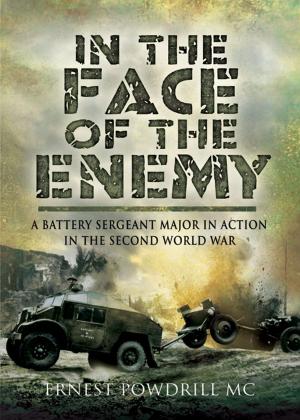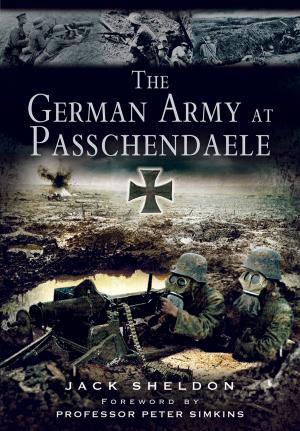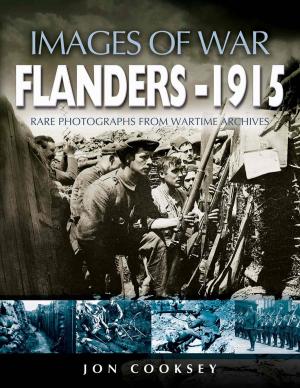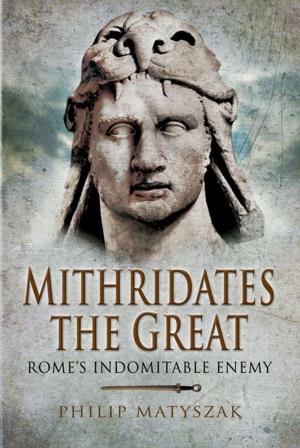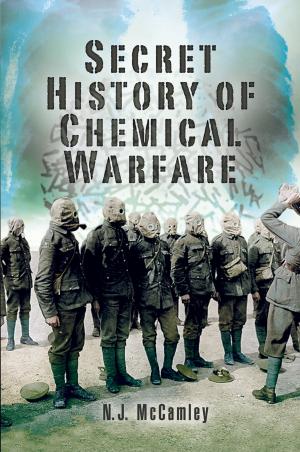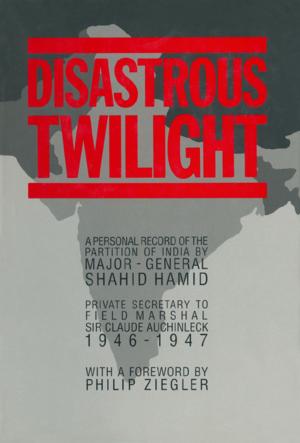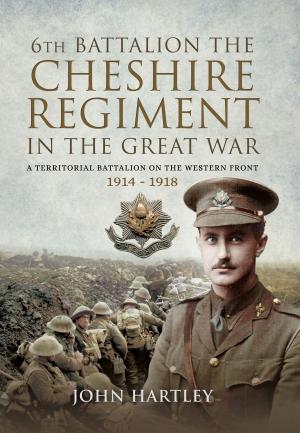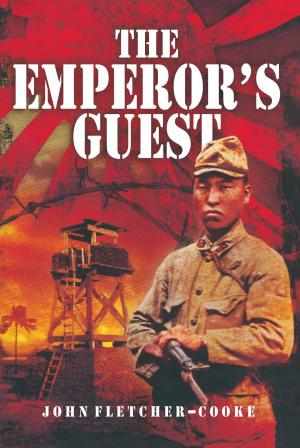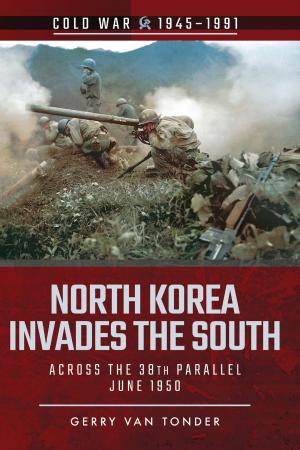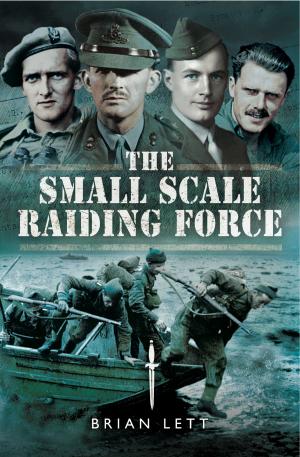I Survived, Didn't I?
The Great War Reminiscences of Private 'Ginger' Byrne
Nonfiction, History, Military| Author: | Joy Cave | ISBN: | 9781473815391 |
| Publisher: | Pen and Sword | Publication: | September 13, 1993 |
| Imprint: | Leo Cooper | Language: | English |
| Author: | Joy Cave |
| ISBN: | 9781473815391 |
| Publisher: | Pen and Sword |
| Publication: | September 13, 1993 |
| Imprint: | Leo Cooper |
| Language: | English |
4124 Private Byrne, C,. 2nd Battalion the Hampshire Regiment, latterly transferred to the Machine Gun Corps; served Egypt, 1915; France and Belgium, 1916-1918; Germany 1918-1919; honourably discharged, 1919. Behind that bold statement lies a remarkable account of en infantryman’s service on the Western Front during the Great War. Charlie 'Ginger' Byrne was a typical young volunteer soldier of 1915, a soldier's son seeking a part in what seemed a great adventure. If his experiences may be said to mirror those of thousands of others, his account stands out from so many because it is set down in the authentic voice of the soldier. Unlike hundreds of thousands of his contemporaries, Charlie Byrne survived into old age. Sound in body and mind, and blessed with almost total recall, he was persuaded to tell his tale to an interested, informed, and acute listener. Now Joy Cave has triumphantly made the transition into print of Charlie's war. It is not a tale of strategy, a recital of epic heroism, but a trench's-eye view of the great tragedy. In that, it perhaps conveys a truth that may sometimes elude the literary memoirists, the heroes and commanders, even the ever rising tide of Great War historians. All have had their say, and more; Charlie Byne speaks for the lost thousands who, for whatever reason, never had a voice. In the often searing descriptions – of going into the action with the Newfoundland Regiment on the Somme on 1st of July 1916 (and he was one of the very few survivors of that doomed advance near Beaumont-Hamel); of a catastrophic gas attack in the Ypres Salient; of raids, wiring -and ration- parties; of work details and transport duties; of front line and reserve trenches, and life in billets behind the lines; of the endless incomprehensible moves, and the shattered landscapes of France and Flanders; of the ever-present dangers and the ever present evidence of their effects- there shines through the chaos the good humour and forbearance of the soldier who fought and survived. There is much to be learned from Private Bryne about tolerance and the virtue of simple humanity. He adds to the cataract of words about the Great War his own his own drop of impish comprehension; in doing so, his narrative forms an excellent counterpoint to the reminiscence and other writings that that form the litany of the First World War. Gallant, proud humorous, and enduring, Charlie Byrne reminds us that wars are fought by ordinary people, but that in each of them there is always something extraordinary.
4124 Private Byrne, C,. 2nd Battalion the Hampshire Regiment, latterly transferred to the Machine Gun Corps; served Egypt, 1915; France and Belgium, 1916-1918; Germany 1918-1919; honourably discharged, 1919. Behind that bold statement lies a remarkable account of en infantryman’s service on the Western Front during the Great War. Charlie 'Ginger' Byrne was a typical young volunteer soldier of 1915, a soldier's son seeking a part in what seemed a great adventure. If his experiences may be said to mirror those of thousands of others, his account stands out from so many because it is set down in the authentic voice of the soldier. Unlike hundreds of thousands of his contemporaries, Charlie Byrne survived into old age. Sound in body and mind, and blessed with almost total recall, he was persuaded to tell his tale to an interested, informed, and acute listener. Now Joy Cave has triumphantly made the transition into print of Charlie's war. It is not a tale of strategy, a recital of epic heroism, but a trench's-eye view of the great tragedy. In that, it perhaps conveys a truth that may sometimes elude the literary memoirists, the heroes and commanders, even the ever rising tide of Great War historians. All have had their say, and more; Charlie Byne speaks for the lost thousands who, for whatever reason, never had a voice. In the often searing descriptions – of going into the action with the Newfoundland Regiment on the Somme on 1st of July 1916 (and he was one of the very few survivors of that doomed advance near Beaumont-Hamel); of a catastrophic gas attack in the Ypres Salient; of raids, wiring -and ration- parties; of work details and transport duties; of front line and reserve trenches, and life in billets behind the lines; of the endless incomprehensible moves, and the shattered landscapes of France and Flanders; of the ever-present dangers and the ever present evidence of their effects- there shines through the chaos the good humour and forbearance of the soldier who fought and survived. There is much to be learned from Private Bryne about tolerance and the virtue of simple humanity. He adds to the cataract of words about the Great War his own his own drop of impish comprehension; in doing so, his narrative forms an excellent counterpoint to the reminiscence and other writings that that form the litany of the First World War. Gallant, proud humorous, and enduring, Charlie Byrne reminds us that wars are fought by ordinary people, but that in each of them there is always something extraordinary.

